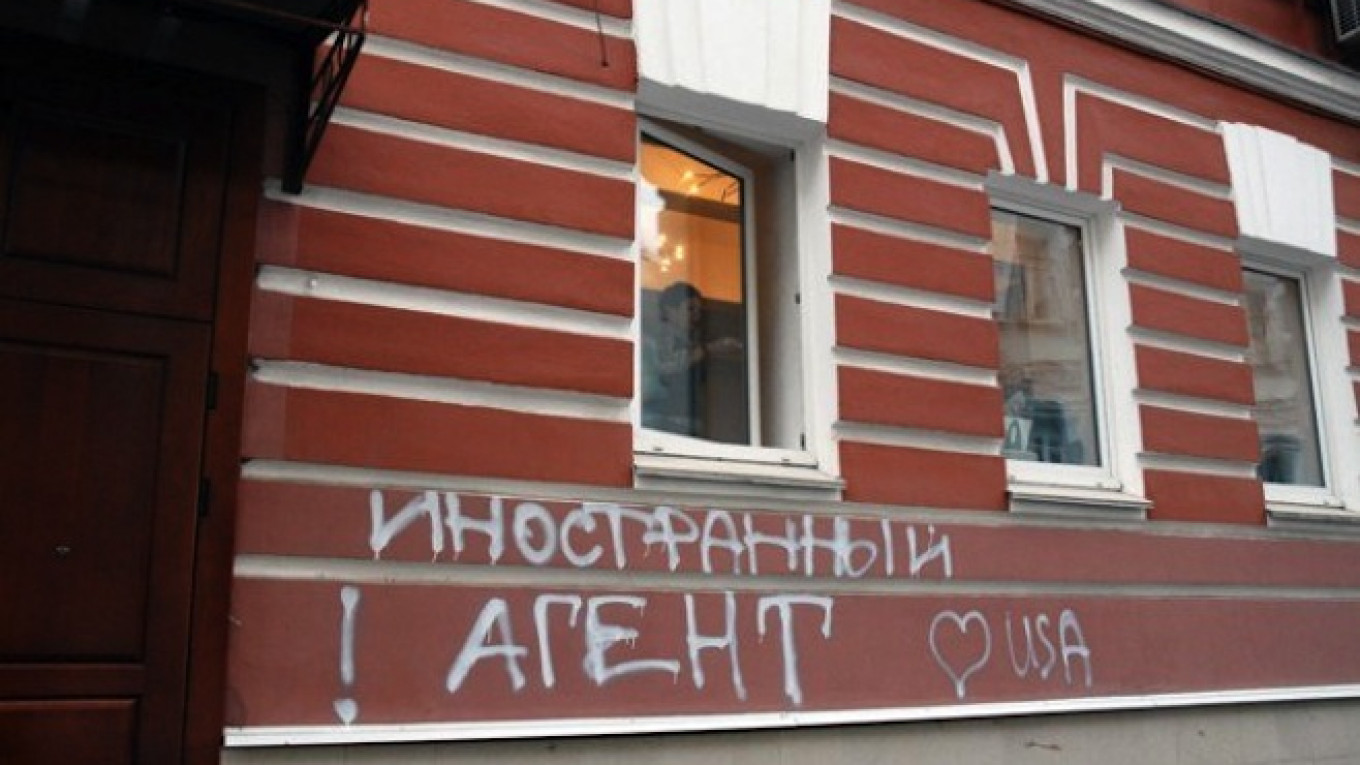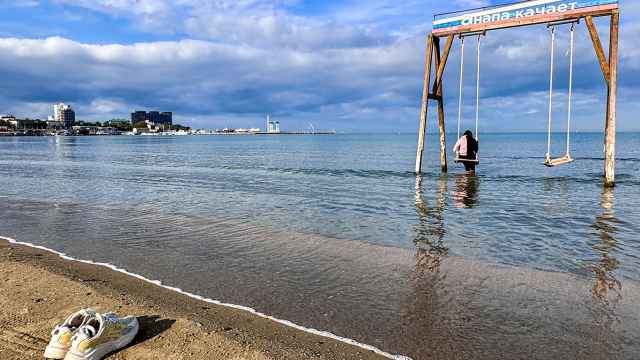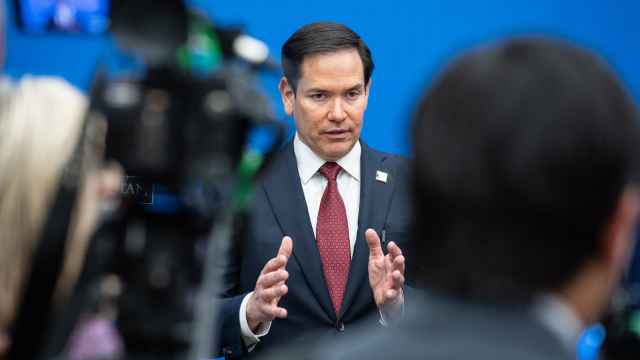The Zhenshchiny Dona foundation — an NGO that defends children’s rights in Russia's southern Rostov region — has been accused of non-compliance with the country's “foreign agents” law.
A criminal case has been opened against it, the RBC news agency reported Tuesday. It is the first criminal case launched against an NGO declared a foreign agent.
The foreign agents law was passed in 2012. It obliges NGOs that receive funding from abroad and engage in loosely defined political activities to register as “foreign agents,” which leads to additional scrutiny and inspections by the authorities.
Consequently, a number of NGOs have shut down, not willing to work under the label that has had espionage connotations since Soviet times. Others gave up foreign funding and went bankrupt. There are now more than 80 NGOs listed as foreign agents in Russia.
The Zhenshchiny Dona foundation was created in 2013 and shares the name with another union.
Foundation head Valentina Cherevatenko had "criminal intentions" when she founded it, intentionally not declaring foreign funding — a total of 3 million rubles ($465,000) — from the German Heinrich Boell foundation, according to the prosecution.
Cherevatenko denies the accusations and says that her foundation has not received any foreign money recently. She attributes the sudden crackdown to the foundation's "Grazhdansky Minsk" project, aimed at ensuring the implementation of the Minsk Agreements.
“They are trying to accuse us of things which we are not doing,” she told RBC. Cherevatenko added that the union of the same name, which is also participating in the project, is no longer on the list of “foreign agents,” but the foundation is.
Authorities started searching the offices of Zhenshchiny Dona on June 24.
A Message from The Moscow Times:
Dear readers,
We are facing unprecedented challenges. Russia's Prosecutor General's Office has designated The Moscow Times as an "undesirable" organization, criminalizing our work and putting our staff at risk of prosecution. This follows our earlier unjust labeling as a "foreign agent."
These actions are direct attempts to silence independent journalism in Russia. The authorities claim our work "discredits the decisions of the Russian leadership." We see things differently: we strive to provide accurate, unbiased reporting on Russia.
We, the journalists of The Moscow Times, refuse to be silenced. But to continue our work, we need your help.
Your support, no matter how small, makes a world of difference. If you can, please support us monthly starting from just $2. It's quick to set up, and every contribution makes a significant impact.
By supporting The Moscow Times, you're defending open, independent journalism in the face of repression. Thank you for standing with us.
Remind me later.






